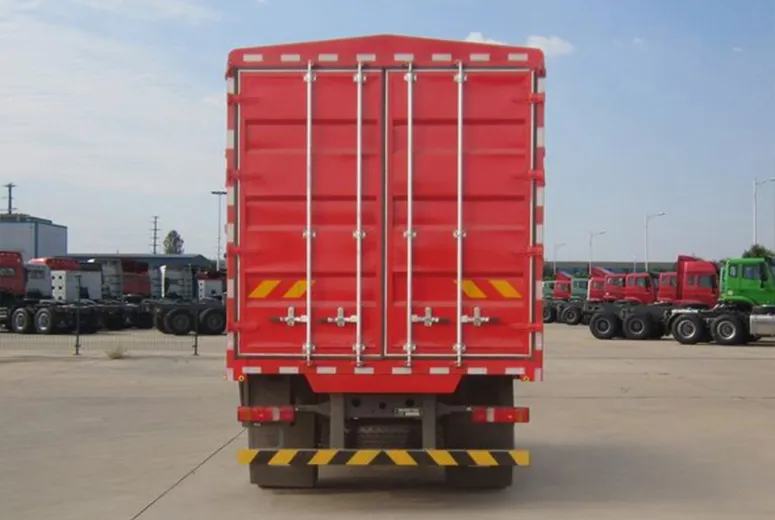electric excavators
The Rise of Electric Excavators A Green Revolution in Construction
In recent years, the construction industry has faced increasing pressures to reduce its carbon footprint and embrace sustainable practices. A significant development in this regard has been the rise of electric excavators, which are revolutionizing the way we approach heavy machinery and construction projects. As urban areas expand and infrastructure projects proliferate, the demand for efficient, powerful, and environmentally friendly equipment has never been higher.
Electric excavators, as the name suggests, are powered by electricity rather than traditional fossil fuels such as diesel. This fundamental shift in power sources is not merely a minor upgrade; it represents a paradigmatic change in the core operation of heavy machinery. The electric version of excavators operates through high-capacity batteries or is connected to an external power source, which allows for quieter, cleaner, and more efficient work.
One of the most significant advantages of electric excavators is their reduced environmental impact. These machines produce zero emissions at the point of use, making them ideal for projects in urban areas where air quality is a growing concern. Traditional diesel excavators emit pollutants that contribute to smog, respiratory issues, and global warming. In contrast, electric excavators help to mitigate these issues while adhering to increasingly stringent regulations regarding emissions and sustainability.
Moreover, electric excavators are quieter than their diesel counterparts. The reduction in noise pollution is particularly advantageous for projects taking place near residential areas or in noise-sensitive environments. Construction companies that adopt electric machinery can operate more flexibly, often extending work hours with minimal disturbance to nearby communities. This capability not only helps in completing projects more efficiently but also fosters a positive relationship with the public.
electric excavators

In terms of performance, electric excavators have proven to be surprisingly powerful and capable. With advancements in battery technology and electric motor efficiency, these machines can match and sometimes even exceed the performance of traditional excavators. Modern electric excavators are designed with high-torque capabilities, enabling them to perform demanding tasks such as digging, lifting, and demolition without sacrificing productivity. Additionally, many electric models come equipped with advanced features like real-time monitoring and automated functions, enhancing their operational efficiency.
The economic aspect of electric excavators is also worth mentioning. While the initial cost of electric machinery may be higher than that of diesel-powered machines, the long-term savings can be significant. Electric excavators typically have lower operating costs due to reduced fuel expenses, lower maintenance requirements, and the longevity of battery life. As the technology continues to evolve, prices are likely to decrease further, making electric excavators more accessible to a broader range of construction companies.
Furthermore, governments and local authorities are recognizing the benefits of electric excavators and are increasingly incentivizing their use. Grants, tax breaks, and other financial incentives are being offered to companies that adopt electric machinery, pushing the industry toward more sustainable practices. As public awareness and concern about climate change grow, the support for green technologies within construction is likely to strengthen.
Despite their many advantages, the transition to electric excavators is not without its challenges. The availability of charging infrastructure remains a barrier in many regions, especially in remote or rural areas. Furthermore, battery technology—though advancing rapidly—still poses limitations in terms of runtime and charging times. However, companies and researchers are actively working to address these issues, paving the way for wider adoption.
In conclusion, electric excavators symbolize a significant shift toward sustainability in the construction industry. Their environmental benefits, operational efficiency, and potential for cost savings make them an appealing choice for modern construction practices. As technology continues to advance and societal pressures to combat climate change intensify, it is clear that electric excavators represent not just a trend, but a vital component of a greener, more sustainable future in construction. Embracing this innovative technology could lead to cleaner air, quieter work sites, and more efficient construction projects, ultimately benefiting both urban environments and the planet as a whole.
-
SINOTRUK HOWO 84 Electric Dump Truck for Eco-Friendly Heavy HaulingNewsJul.26,2025
-
The Fast 16-Gear Manual Transmission Assembly for Heavy TrucksNewsJul.25,2025
-
Mercedes Benz Actros 1848 42 Tractor Truck for Sale - Reliable PerformanceNewsJul.24,2025
-
High-Quality Water Pump Assembly for Sinotruk Trucks – Durable & ReliableNewsJul.23,2025
-
Premium Truck Engine Antifreeze Coolant Fluid for Heavy Duty VehiclesNewsJul.22,2025
-
FOTON View G7 Mini Bus: Affordable & Spacious TransportNewsJul.22,2025
Popular products

























